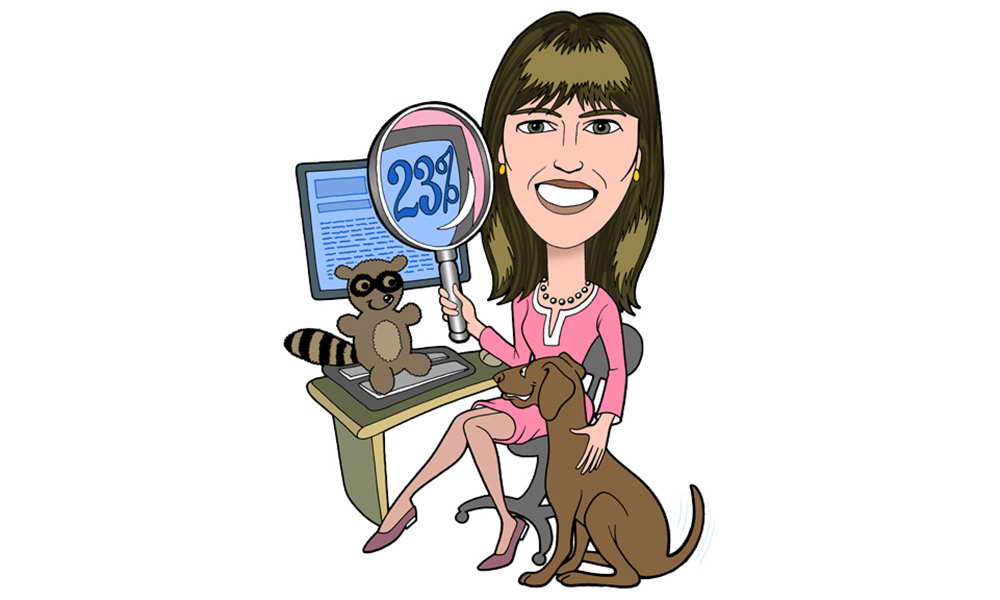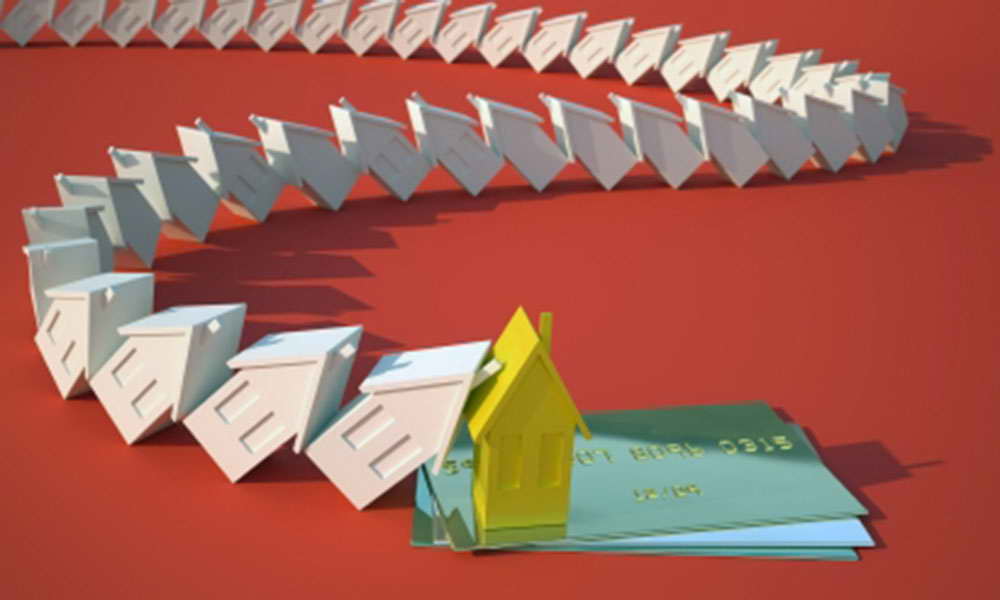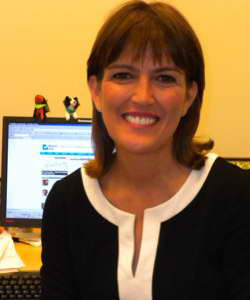Today’s turbulent economic times are enough to make even the most financially-minded person’s head spin! If you’re looking to better understand the factors contributing to today’s recession, Interaction and Media Designer Jonathan Jarvis has broken down this complex issue through the use of animated graphics and audio narration. In “The Crisis of Credit Visualized,” Jarvis tells a simple story of how American society got itself into this financial mess. Jarvis’ work is also one of 27 visualizations and infographics FlowingData.com has compiled to help the average person break through the web of confusion surrounding today’s economy.

The Wrong Crowd
March 22, 2009
By Barbara Carvalho
There is a crisis of public confidence in America’s business institutions. A recent Knights of Columbus/Marist Poll shows a majority of Americans give Corporate America failing grades for ethics and honesty and most think business executives check their ethical standards at the door. The public believes excessive executive salaries, exaggerated claims about products or services, dishonesty to employees, improper accounting practices, or falsifying of records is common corporate practice. Ironically, many business executives agree.
This translates into a dim view of corporate culture that has put personal advancement and private gain ahead of prudent business practice, support for employees, and the public good.
The financial bailout hopes to reverse the downward spiral of the country’s financial institutions. But, there is a critical need to restore trust in a culture that, right now, is characterized by Bernie Madoff and those who cling to “bonus as usual” even as they experience a sea change of epic proportions.
How could this happen? Was it fearless fraudsters never thinking they would get caught — a system not providing the proper restraint — or, was it, as our school teachers warned, what happens when you hang around with the wrong crowd?
Interestingly, a study by researchers Francesca Gino, Shahar Ayal, and Dan Ariely published in the March issue of Psychological Science attempts to illuminate our understanding of what makes people cheat. In the experiments, college students were asked to solve a set of mathematical exercises in a very short period of time. It was an impossible task to complete. The students were provided with a monetary reward. They were to pay themselves a set amount for each correct answer and return the balance of the money for incorrect or incomplete answers.
But, that was only the setup. As the students focused on the task at hand, a hired actor stood up and said, “I’ve solved everything. What should I do?” The experimenter reminded him about the procedure. When the actor finished he said, “I solved everything. My envelope for the unearned money is empty. What should I do with it?” The experimenter replied, “If you don’t have money to return, you have finished and are free to go.”
What impact did the cheater have on the rest of the group? Well, it depends. When the other students thought the actor was part of their group, cheating increased. When the actor wore the t-shirt of a rival school and was considered an outsider, cheating decreased.
The study illustrates how ethical climate and culture influence whether or not people participate in unethical behavior. In other words, the research suggests that the fear of getting caught may have a lot less to do with why people cheat.
Rather, the authors conclude, “Healthy work and social environments depend on the ability of individuals (e.g., leaders and other role models) to spread ethical norms and values, while reducing the attractiveness of unethical misconduct, either through appropriate sanctioning rules or through an ethical culture…relatively minor acts of dishonesty by in-group members can have a large influence on the extent of dishonesty…”
The bad news is how easily we may be swayed by the judgment of others. So, for the current economic debacle, there is plenty of blame to go around. The good news is that most people don’t cheat. Strong, ethical leadership which rewards values of honesty and good conscience and demonizes unethical behavior can rule the day. It can also go a long way toward digging us out of this economic quagmire.



